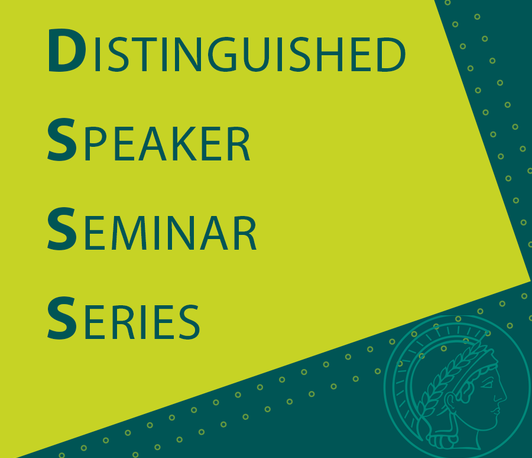DSSS - Unravelling the whipworm niche at the host intestinal epithelia
- Datum: 16.06.2023
- Uhrzeit: 15:00 - 16:00
- Vortragende: Dr. Maria Duque-Correa
- Research Group Leader - Wellcome-MRC Cambridge Stem Cell Institute, University of Cambridge, UK
- Ort: NO.002, MPI für Intelligente Systeme

Whipworms (Trichuris spp) infect hundreds of millions of people causing trichuriasis, a major neglected disease. Whipworms are large metazoan parasites that inhabit a multi-intracellular niche within their host caecal epithelia, where they manipulate mucosal physiology and inflammation through interactions with the intestinal epithelial cells and stem cell niche. These interactions enable chronic infections where whipworms are tolerated for years; but at a mechanistic level, how they operate is not understood. My research aims to define these interactions and bring a mechanistic understanding to how they underpin whipworm invasion, colonisation, and persistence in their mucosal niche. To address this aim, my lab employs a combination of in vivo and in vitro (using caecaloids) models of Trichuris muris infection and imaging and transcriptomic analysis. Using these models, we have shown that T. muris first-stage (L1) larvae degrade mucus layers to access epithelial cells. In early syncytial tunnels, larvae are completely intracellular, woven through multiple live dividing cells. Moreover, using single-cell RNA sequencing of infected mouse caecum, we revealed that progression of infection results in cell damage and an expansion of enterocytes expressing of Isg15, potentially instigating the host immune response to the whipworm and tissue repair. Excitingly, we have now maintained whipworm-infected caecaloids for 24 days and have observed growth and moulting of whipworms up to the L4 stage at times after infection similar to those in vivo. These results suggest whipworm-infected caecaloids can successfully support the in vitro life cycle T. muris, opening new opportunities to study host intestinal epithelial interactions with whipworms through infection, while reducing the number of animals required for these studies. Collectively, our research will unravel intestinal epithelium invasion by whipworms and reveal specific host-parasite interactions that allow the whipworm to establish and persist in its multi-intracellular niche.